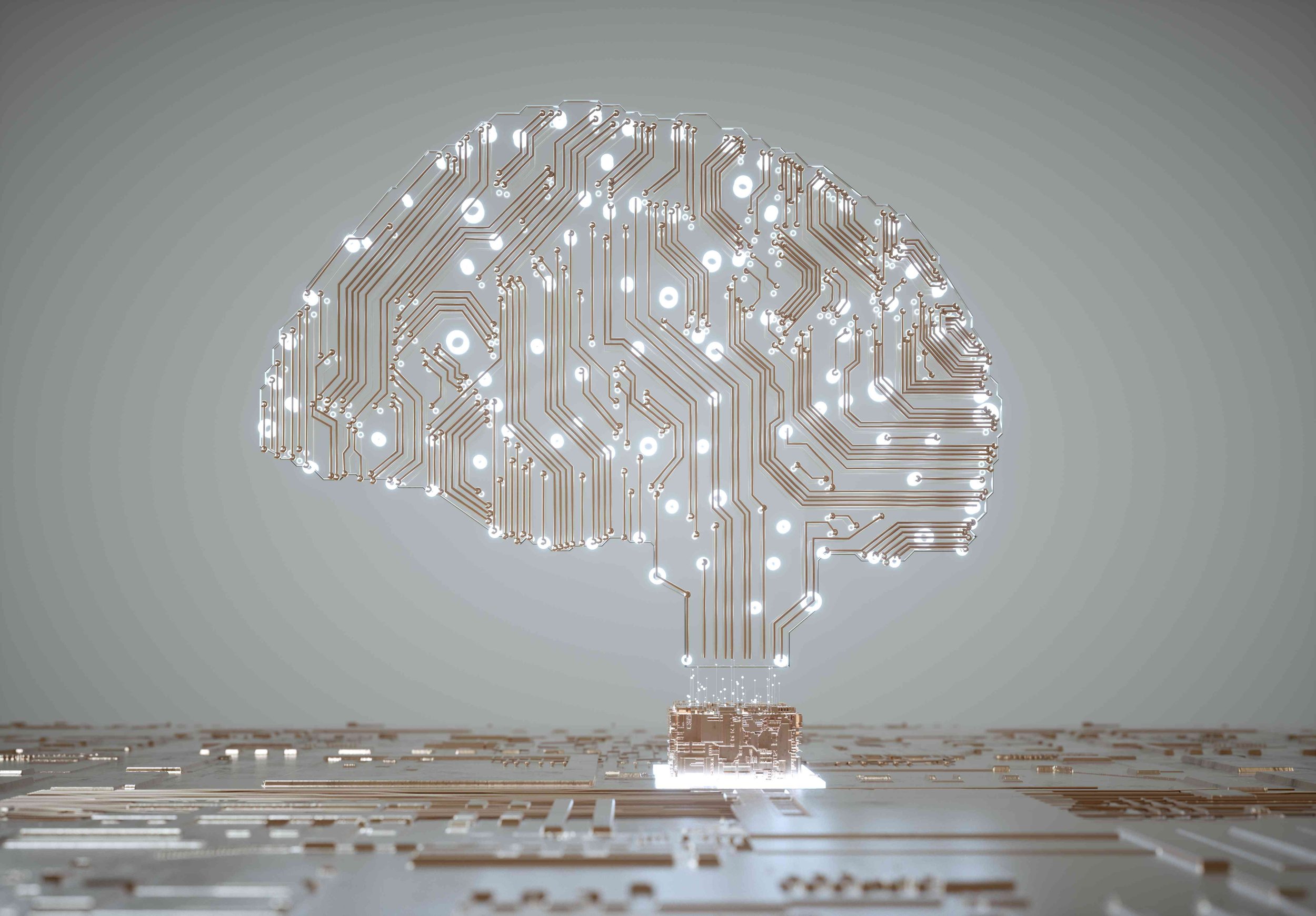Rethinking Intelligence
Member Monday has traced (chased?) the promise/peril of artificial intelligence for seven years now, most recently in our last December session which first introduced many to the Faustian bargain of MM 12/19/22 Chat GPT. Three months later, an eternity in AI time, the underlying debate/questions have only become crisper, compelling, more interesting and urgent.
We might frame the question thus: to what extent, if at all, might AI insinuate itself into what is commonly regarded as general intelligence.
Our first focus article characterizes AI as a loose term describing a world populated by programs that makes it feel as though they were intelligent, thereby allowing them to shape or govern our lives (NYT: This Changes Everything). Perhaps a good start though we’re still left hanging with an essentially self-referencing definition.
The piece, though, speaks to a vision of AI’s future that features improvements measured in exponential, if not outright disruptive, terms. The underlying research community is described as somehow living in an altered state of time and consequences; coders speak freely in terms of angels and demons as if they are destined to inherit the earth. Quoting Google CEO, “A.I. is probably the most important thing humanity has ever worked on – more profound than electricity or fire”. One catches a whiff here of both paradise found and the apocalypse.
Last week’s release of GPT-4 – that goes well beyond ChatGPT’s text capability to write a book, code in every computer language, and even “understand” images – certainly represents yet another gauntlet thrown down in the challenge to man’s intellectual supremacy.
Nonsense, sniffs Noam Chomsky, the towering intellectual (and linguistic) powerhouse, as he throws cold water on the notion these programs represent the first glimmers of any sort of artificial general intelligence (NYT: The False Promise Of ChatGPT). He maintains AI, by its very nature, will remain relegated to relatively narrow domains, given what we know about the way it differs profoundly from how humans reason and use language. He dismisses ChatGPT and their brethren by concluding, “we can only laugh or cry at their popularity.”
Allow us to laugh or cry as we take on AI’s future, and what all that might mean. We might first parse the meaning of human intelligence to distinguish it from its mere replication. The distinction becomes less and less meaningful to the extent any such replication approaches (or surpasses) the “real” thing. While no one is suggesting AI has or will ever have any kind of line-code human consciousness, what does this mean as a practical matter? Chomsky might get a run for his money here.
Back in the pleistocene era – that is, one year ago in AI time – we discussed The Book Of Vales, the purported non-fiction work by a Norwegian photojournalist about the source of so many of those fake news stories emanating from Russia ( MM 1/22/22 Brave New (Fake) World ). The book was so compelling, including the first-hand interviews, the haunting pictures, the narrative, that readers were completely drawn in. The revelation here is not so much that the book itself turned out to have been totally deep-faked as it was that no one, not even the so-called experts, were on to the ruse. The truth became known only after the “author” himself revealed it, his point having been made. When it comes to mimicking human intelligence into expanding dimensions, the AI trajectory might be said to “fake it ‘til you make it.”
While Chomsky’s fundamental insight remains absolutely intact, certainly as applied to high-level thinking, the question comes down to what universes are we talking about? AI’s potential dominance looms large in an ever-expanding domain i.e. one might argue it includes everything that could be translated, stored, manipulated, or otherwise expressible in a digital form – numbers, data, sound, visual (art, facial recognition, anything reducible to pixels) all simply being subsets of the entire digital world. They are all fair game now.
These algorithms have ambition – the research community, living in that so-called altered state of time and consequences in the name of efficiency, brings to mind the notion that in a perfectly efficient society man is redundant.
Then there’s the inversion epiphany i.e. humanity has long pointed to its presumed cognitive uniqueness to defend against the idea of non-human encroachment, yet now, with AI’s steady cognitive wins – from game dominance, to Watson’s Jeopardy, to passing the so-called Turing Test – just note how the debate has now been inverted to say yes, while AI may have closed ranks when it comes to matters of the neocortex, it is the unique emotional intelligence of humans that will provide an everlasting edge. How is that as a fall-back position?
Not very good as it looks like AI is gunning for the limbic system as well. Laugh if you want but AI-powered elderly companions are on the market and how about that cited case of the 30-year-year-old woman from San Diego who dumped her boyfriend presumably in favor of a non-human companion.
Just make it stop. Make it stop now. I’m sorry Dave I’m afraid I just can’t do that.

